Faculty
Faculty
-
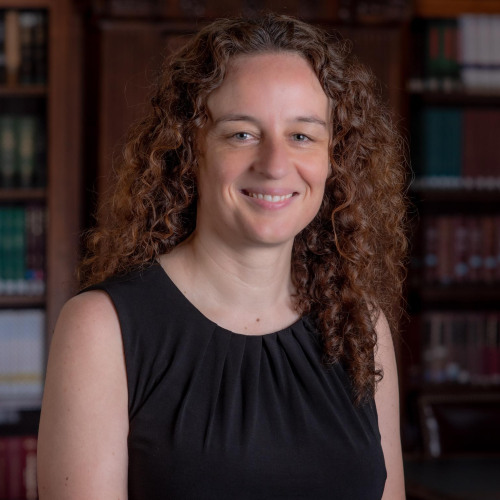
Federica Accornero
Professor, Department of Molecular Biology, Cell Biology and Biochemistry -
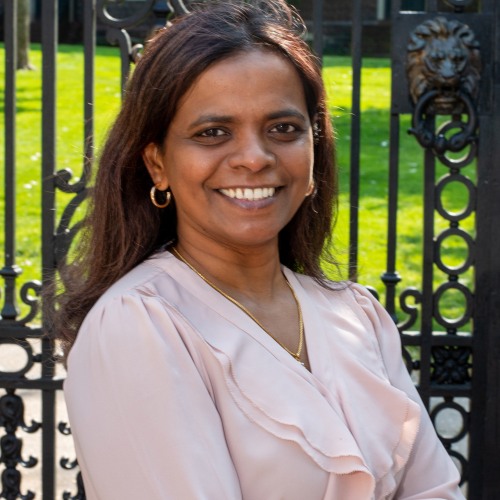
Karthikeyani Chellappa, PhD
Assistant Professor, Department of Molecular Microbiology and ImmunologyResearch interests: Aging, Resilience, Frailty, Metabolism, Metabolic flux analysis, Systems Biology, Microbial Metabolism, Host-microbiome interactions, Transport of small molecules
-
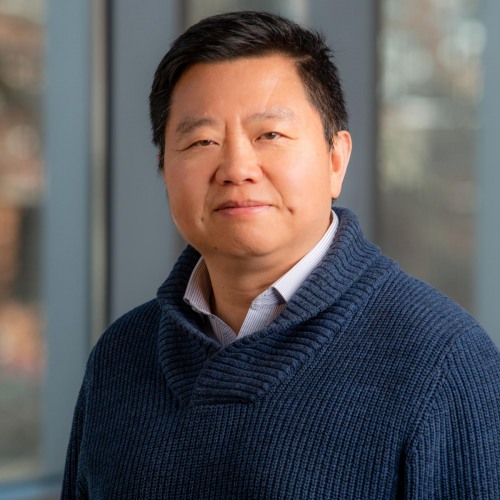
Qian Chen, PhD
Professor, Department of OrthopaedicsResearch Interests: Skeletal development and aging, osteoarthritis, role of senescent cells in skeletal aging, mechano-transduction
We study molecular mechanisms of cell aging and senescence that lead to skeletal system degenerative diseases in humans. Specifically, we use the osteoarthritic joint cartilage as our model system to analyze how senescence-associated cell transitions and interactions result in tissue pathology.
-
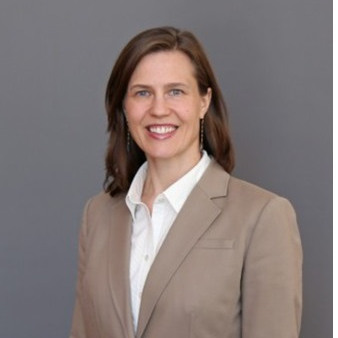
Kereen Coulombe
Associate Professor, Engineering -
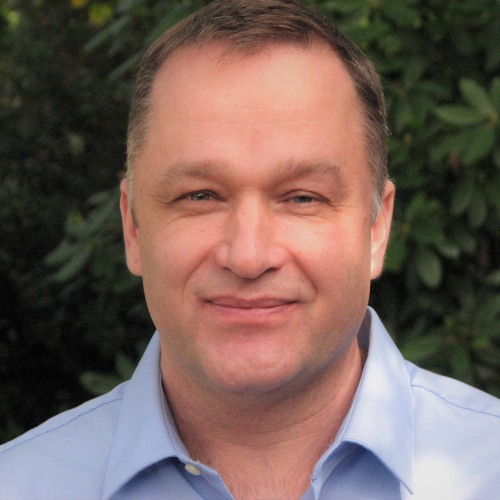
Robbert Creton, PhD
Professor, Department of Molecular Biology, Cell Biology and BiochemistryResearch interests: Alzheimer’s disease, Calcineurin signaling, High-throughput imaging, Automated analysis of behavior, Discovery of novel therapeutics.
-
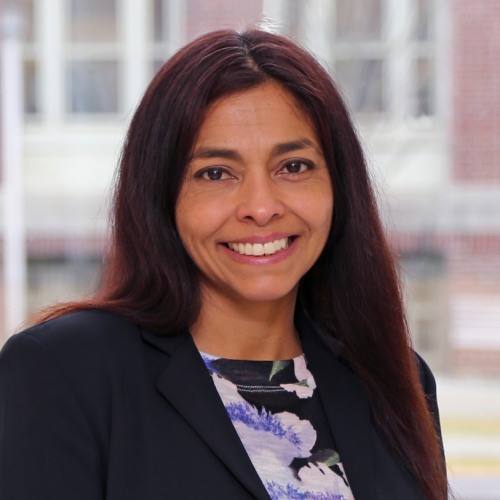
Michelle Dawson, PhD
Assistant Professor, Department of Molecular Biology, Cell Biology and BiochemistryResearch Interests: Mechanobiology, extra-cellular matrix dynamics, senescence-associated exosomes, TGF-B signaling, fibrosis
We study mechanisms by which senescent cells alter tissue microenvironments to promote cancer and age-related disease. We are investigating the physical and molecula alterations in senescent cells that contribute to extracellular matrix remodeling, tissue stiffening, and fibrosis.
-

Sarah Delaney, PhD
Professor, Department of ChemistryResearch Interests: Biological consequences of DNA damage, oxidative stress, role of chromatin structure in DNA damage repair
We are working to establish a chemically-logical roadmap to understand how DNA base damage relates to genetic change and disease. We have developed techniques to define how chromatin influences DNA repair and circumstances in which base damage evades repair leading to mutations.
-
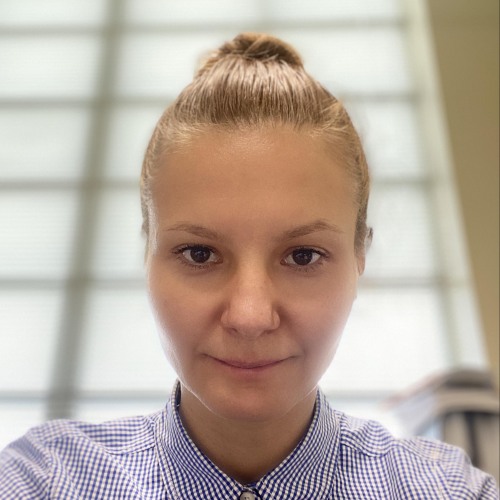
Patrycja Dubielecka-Szczerba, PhD
Associate Professor, Department of MedicineResearch Interests: Bone marrow microenvironment, hematopoietic stem cells, effects of aging on hematopoiesis, inflammaging.
We study age-related changes in the hematopoietic system and how the output of hematopoietic stem cells changes with age. We focus on the mechanisms of inflammatory signaling and the homeostasis of hematopoietic stem cells in the aging bone marrow microenvironment.
-
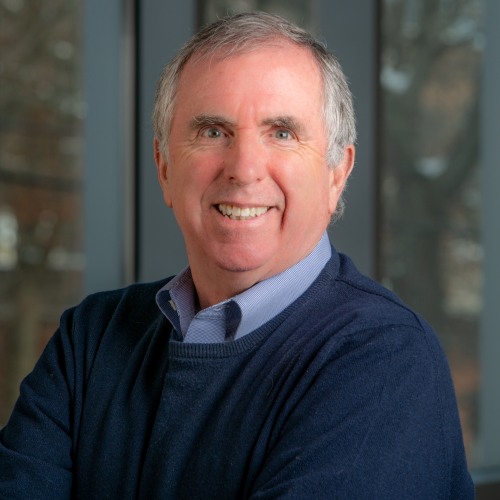
Justin Fallon, PhD
Professor, Department of NeuroscienceResearch Interests: Neuromuscular junction, adult neurogenesis and neurodegeneration, aging, Alzheimer’s Disease therapeutics
My laboratory studies the molecular mechanisms of synapse stability and stem cell quiescence. We are also developing therapeutics to promote adult hippocampal neurogenesis in Alzheimer's Disease and other neurodegenerative disorders.
-
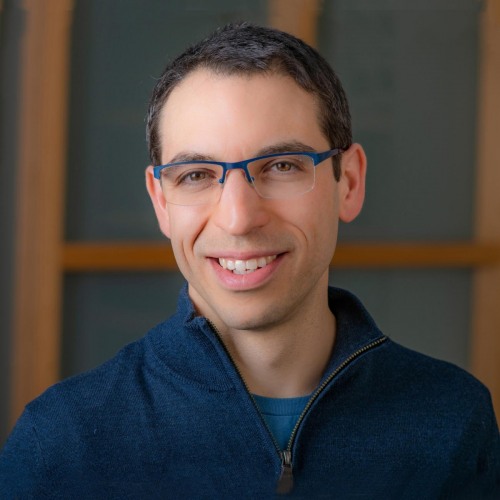
Nicolas Fawzi, PhD
Professor, Department of Molecular Biology, Cell Biology and BiochemistryResearch Interests: Nuclear magnetic resonance, neurodegenerative disease, RNA binding proteins, protein aggregation, phase separation.
My research investigates structure/function relationships of protein aggregation and phase-separated membrane-less organelles in neurodegenerative diseases of aging. I use and develop molecular simulations and solution NMR to visualize protein aggregates with atomistic resolution.
-
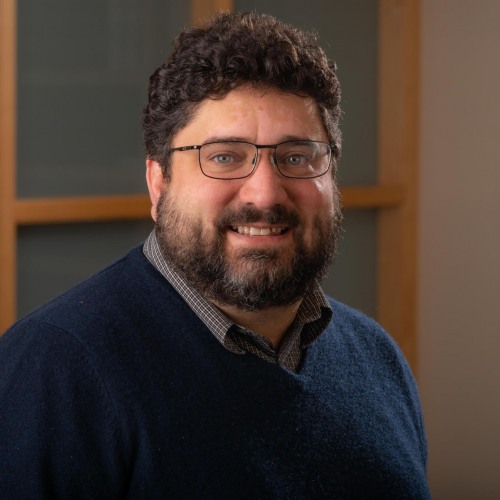
Richard Freiman, PhD
Professor, Department of Molecular Biology, Cell Biology and BiochemistryResearch Interests: Reproductive aging, senescence, chromatin and transcriptional control, systemic effects of reproductive failure
My lab's research focuses on understanding mechanisms of reproductive senescence. We investigate transcriptional programs that ensure proper reproductive aging, how deregulation leads to premature reproductive failure, and how this in turn affects systemic aging and age-related diseases.
-

Bess Frost
Professor of Molecular Biology, Cell Biology and Biochemistry, Director of the Center for Alzheimer’s Disease Research -
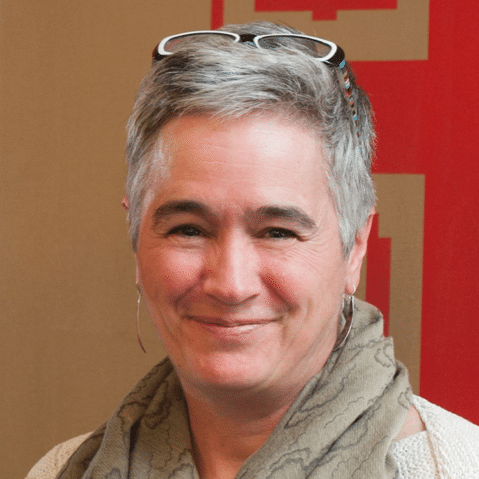
Anne Hart, PhD
Professor, Department of NeuroscienceResearch Interets: Sensory signaling, sleep and fatigue, aging and neurodegenerative diseases, Amyotrophic Lateral Sclerosis
My research focuses on understanding basic mechanisms using the invertebrate nematode C. elegans. We study molecular and cellular sensory systems in stress and sleep, and the pathology of neurodegenerative diseases such as Amyotrophic Lateral Sclerosis (ALS).
-
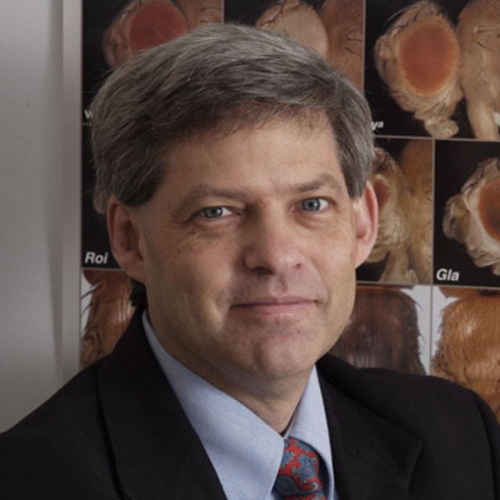
Stephen Helfand, MD
Associate Director for Research, Professor, Department of Molecular Biology, Cell Biology and BiochemistryResearch Interests: Genetic control of longevity, calorie restriction, sirtuins, insulin/IGF signaling
We study the molecular mechanisms that underly aging, longevity and neurodegeneration. We are exploiting Drosophila as a model system, and more recently mice, and we use genetic approaches to study diet restriction, sirtuins and the role of chromatin homeostasis in maintaining youthfulness.
-
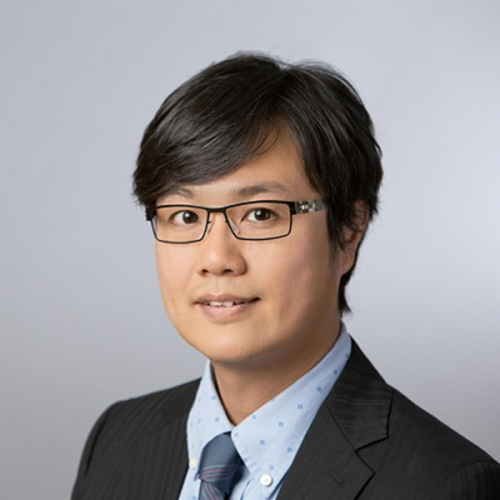
Yu-Wen Alvin Huang, PhD
Assistant Professor, Department of Molecular Biology, Cell Biology and BiochemistryResearch Interests: Brain aging and neurodegeneration, pluripotent stem cells, direct transdifferentiation, Alzheimer's Disease.
The goal for my laboratory is to understand the molecular and cellular fundamentals of brain aging and neurodegeneration. We employ neural cell culture models that exploit pluripotent stem cells as well as direct trans-differentiation of somatic cells to study Alzheimer's Disease.
-
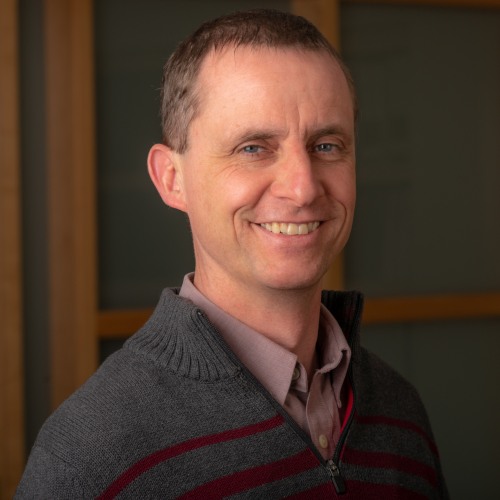
Gerwald Jogl, PhD
Associate Professor, Department of Molecular Biology, Cell Biology and BiochemistryResearch Interests: Retrotransposable elements, translation, structural biology, enzymology, liquid-liquid phase separation.
-
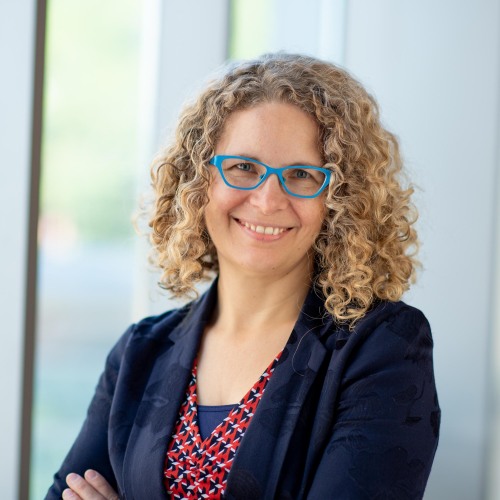
Karla Kaun, PhD
Associate Professor, Department of NeuroscienceResearch Interests: Synaptic networks of reward and addiction, JAK-STAT signaling, cognitive decline, effects of aging on substance abuse.
I use the fruit fly to investigate the neural substrates of drug reward at the molecular and cellular level. I investigate the neural circuitry and associated molecular mechanisms within the fly brain that regulate this memory, and how these processes change with aging.
-
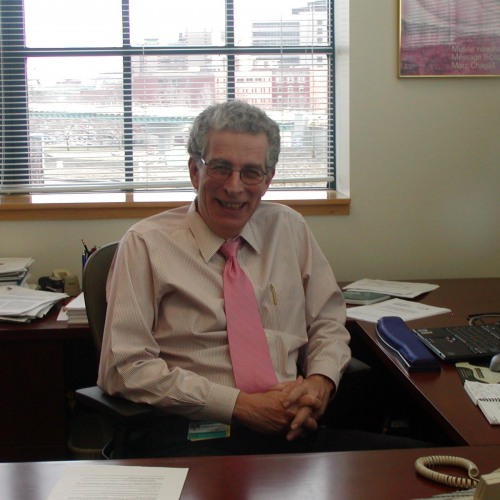
Gideon Koren, MD
Professor, Department of MedicineResearch Interests: Cardiovascular aging, arrhythmia, sudden cardiac death, role of senescent cells in heart aging, senolytic therapy
We study the mechanisms through which cell senescence leads to ventricular arrhythmias in aged hearts. Specifically, we are investigating the healing of the infarcted aged heart, both in a rabbit model and humans, and how persistent myofibroblast senescence in the scar leads to cardiac arrhythmias.
-
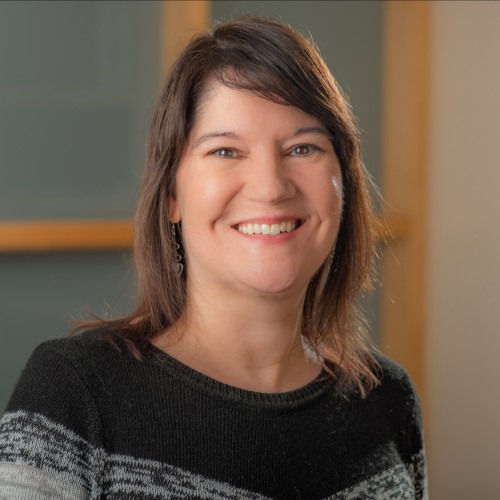
Jill Kreiling, PhD
Associate Professor, Department of Molecular Biology, Cell Biology and BiochemistryResearch Interests: Cellular senescence, chromatin changes with aging, miRNAs, neural stem cells, epigenetics
My research investigates the role of non-coding sequences in age-associated cellular decline. We study how changes in chromatin structure in heterochromatic regions of the genome lead to dysregulation of these sequences, ultimately influencing a wide range of cellular processes.
-
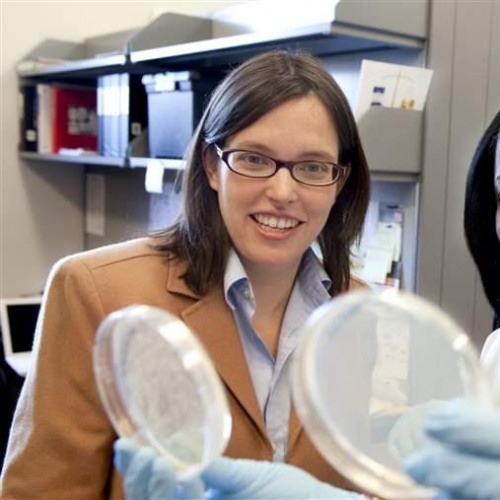
Erica Larschan, PhD
Associate Professor of Biology, Department of Molecular Biology, Cell Biology and BiochemistryResearch Interests: Regulation of chromatin states and transcription, epigenetic regulation of sex-specific differences during aging.
We study mechanisms by which genes are coordinately regulated, how these processes are affected by sex, and change during aging. Specifically, we are interested in how epigenetic chromatin changes between males and females drive sex-specific differences.
-
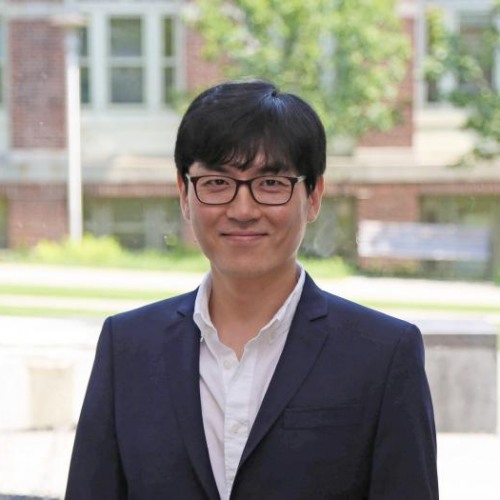
Jonghwan Lee, PhD
Assistant Professor, Department of EngineeringResearch Interests: Alzheimer's Disease, vascular factors, microscopic imaging, microvasculature, microcirculation.
I am developing optical technologies for label-free imaging and genetics-free modulation of the central nervous system, both at the micrometer scale. We are implementing clinical applications, such as the mapping of brain microvascular changes in Alzheimer's Disease.
-

Sofia Lizarraga
Associate Professor of Molecular Biology, Cell Biology and BiochemistryDr. Sofia B. Lizarraga is originally from Peru. She received her PhD from The Johns Hopkins University studying the assembly of the mitotic spindle with Dr. Yixian Zheng. She became fascinated with the role of the cytoskeleton in neuronal development and did her postdoctoral work at Harvard Medical School with Dr. Christopher A. Walsh. She continued her work in neurodevelopmental disorders with a focus on autism at Brown University as an investigator with Dr. Eric M. Morrow. She launched her independant academic career at University of South Carolina in 2015 where she established a research program focusing on neuroepigenetics of autism pathogenesis. In 2023 she joined the faculty at Brown University.
-
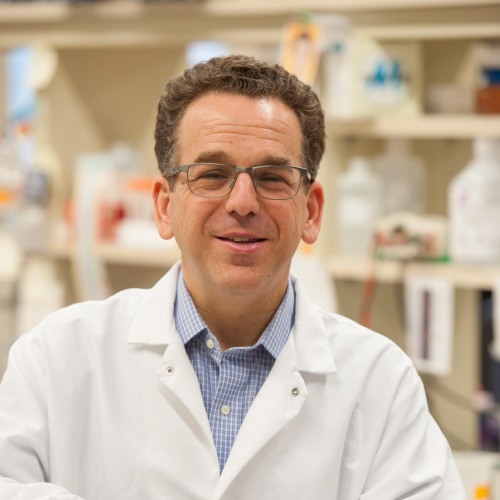
Eric Morrow, PhD
Professor, Department of Molecular Biology, Cell Biology and BiochemistryResearch Interests: Brain development, maintenance, Mendelian neurodegenerative diseases, dysfuntion of endolysosomal system in aging.
I work on mechanisms that regulate brain development and maintenance,using functional analysis of mutations that lead to neurodegeneration (autism, Christianson syndrome). We are interested in the dysfunction of the endolysosomal system, a feature in many neurodegenerative disorders.
-
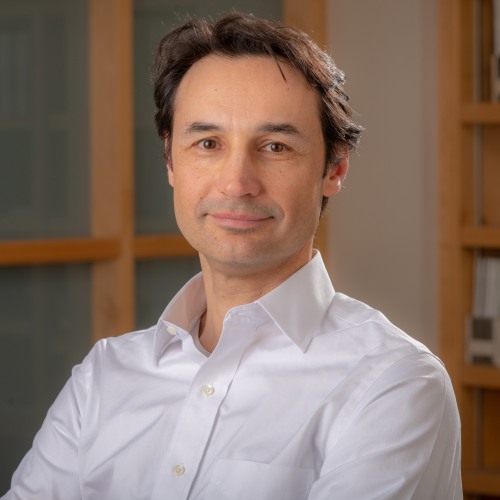
Nicola Neretti, PhD
Associate Director; Associate Professor, Department of Molecular Biology, Cell Biology and BiochemistryResearch Interests: Computational biology, bioinformatics, chromatin, nuclear organization, cellular senescence, aging
We study transcriptional and epigenomic changes in aging and cellular senescence. We are using single cell spatial multiomics to understand how the nuclear reorganization of the genomic architecture affects the transcriptional and translational state of cells during aging.
-
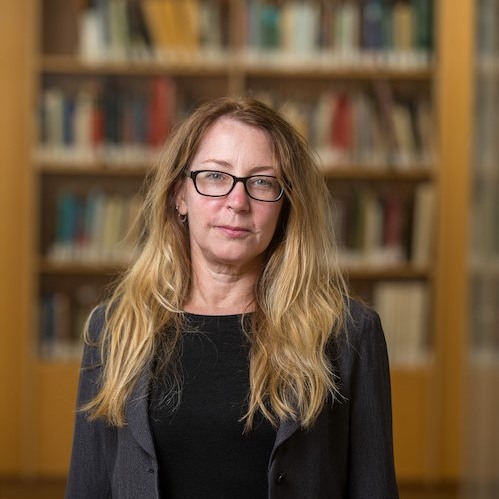
Kate O’Connor-Giles, PhD
Associate Professor, Department of NeuroscienceResearch Interests: Neuronal development, neurogenetics, synaptic communication and plasticity, synaptic maintenance with aging.
We employ a genetic approach in Drosophila to understand synapse formation, function, plasticity and aging. We focus on developing new genome engineering approaches to overcome technical challenges to study function and decline of the nervous system in vivo.
-
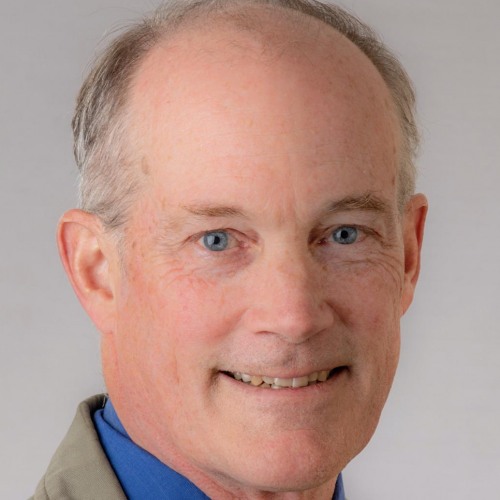
David Rand, PhD
Professor, Department of Ecology, Evolution, and Organismal BiologyResearch Interests: Nuclear-mitochondrial genetic interactions, mitochondrial genetics of aging, molecular evolution, oxidative respiration
We are interested in understanding how natural selection acts on genes and genomes. A major focus of the lab is to study the mitochondrial genome and its interactions with the nuclear genome, and how this interaction influences animal performance, evolutionary fitness, and aging.
-
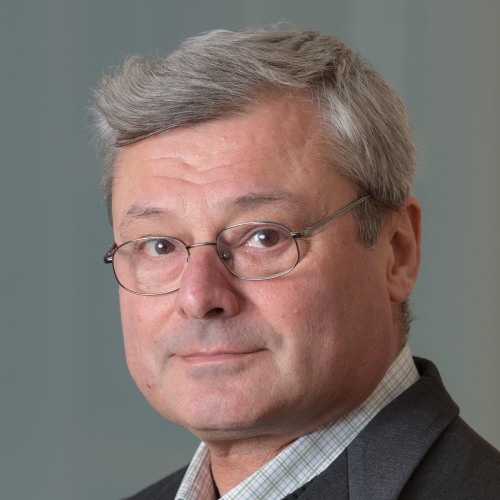
John Sedivy, PhD
Director; Professor, Department of Molecular Biology, Cell Biology and BiochemistryResearch Interests: Chromatin homeostasis, cell senescence, retrotransposable elements, interferon, neurodegenerative disease therapy.
We study mechanisms that lead to cell senescence, the epigenetic changes that occur in senescent cells, and the consequences of their accumulation in aging tissues. We discovered that retro transposons are activated in senescence and are exploring their inhibition as therapy for age-related diseases.
-
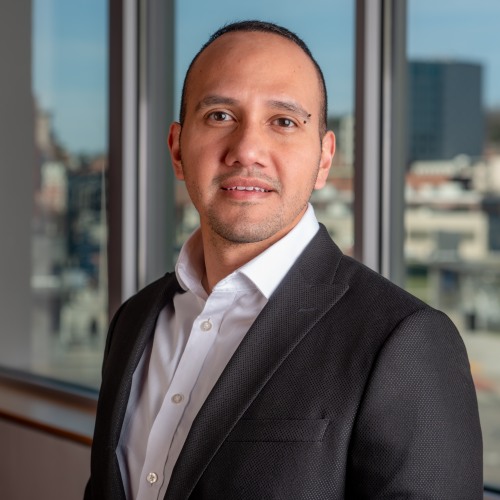
Carlos Giovanni (Gio) Silva-García, PhD
Assistant Professor, Department of Molecular Biology, Cell Biology and Biochemistry -
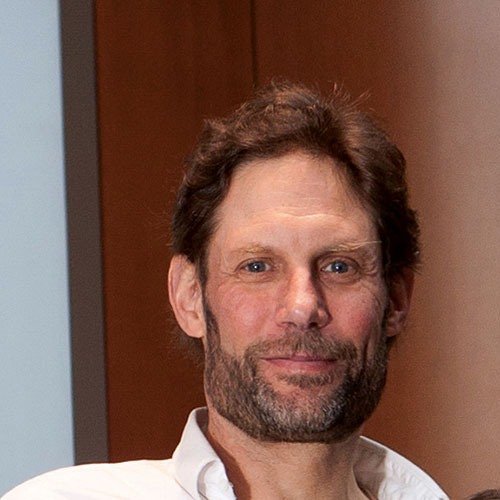
Marc Tatar, PhD
Professor, Department of Ecology, Evolution and Organismal BiologyResearch Interests: Demography, evolution and genetics of aging, endocrine control of longevity, insulin/IGF signaling, innate immunity
We study aging in Drosophila focusing on the function and outcomes of altered insulin/IGF signaling. We are mapping how domains of the receptor differentially control metabolic pathways impacting lifespan that are common with nutrient sensing and dietary interventions applicable to humans.
-
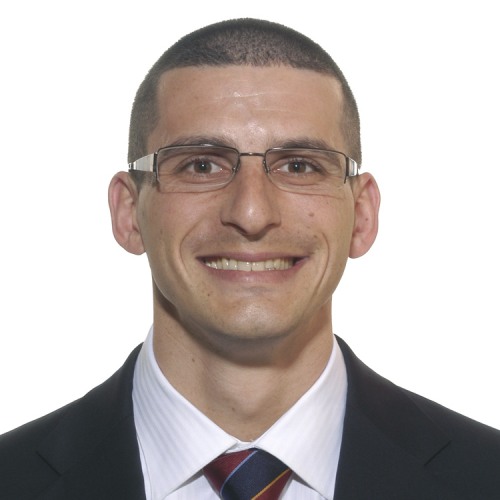
Martin Taylor
Assistant Professor of Pathology and Laboratory MedicineResearch Interests: Human LINE-1 Transposon, "Dark genome", Biochemistry, Structural Biology, Enzymology and Mechanisms, Drug and biological therapy development, Cytosolic nucleic acids and innate immunity, Senescence, Cancer biology
We study the human LINE-1 transposon, an ancient DNA parasite that has written ~1/3 of the human genome and is increasingly recognized to contribute to the pathologies of cancer, autoimmunity, neurodegeneration, and other diseases of aging. We use approaches spanning structural biology and biochemistry to drug and therapeutic development, mouse modeling, and clinical trials to understand how LINE-1 works, how and how much it contributes to disease, and to develop new diagnostics and therapeutics.
-
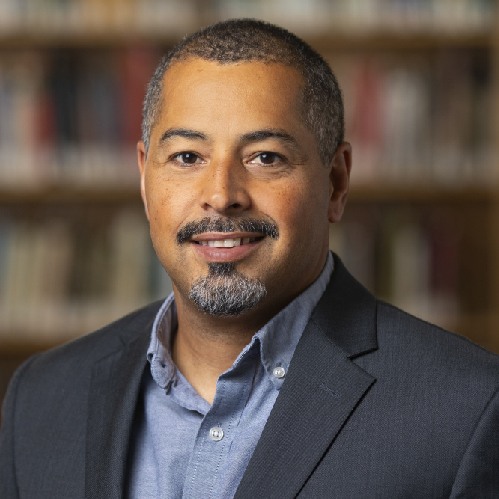
Gregorio Valdez, PhD
Associate Professor, Department of Molecular Biology, Cell Biology and BiochemistryResearch Interests: Synaptic aging, neuromuscular junction, motor neuron–glial cell interaction, Alzheimer’s Disease.
My research uses the neuromuscular junction as a model synapse. We are focused on discovering pathways and factors that function to preserve and restore the function
of the nervous system and skeletal muscles during normal aging and in age-related diseases. -
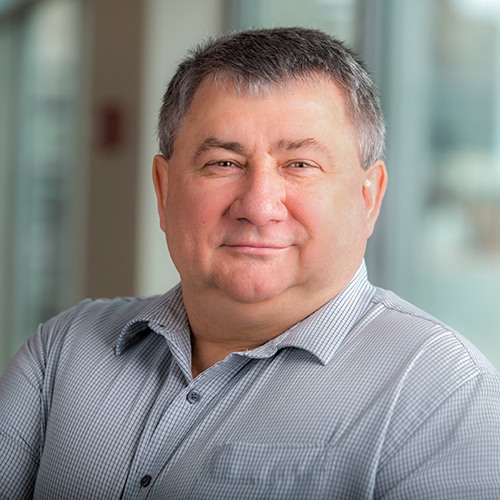
Anatoly Zhitkovich, PhD
Professor, Department of Pathology and Laboratory MedicineResearch Interests: DNA damage, DNA repair, replication stress, chromatin changes, proteotoxic stress.
My research is focused on the determination of chemical and biochemical mechanisms of DNA damage and mutagenesis by environmental stressors. We study how proteotoxic and hypoxia-like conditions impact chromatin structure, formation and repair of DNA damage.